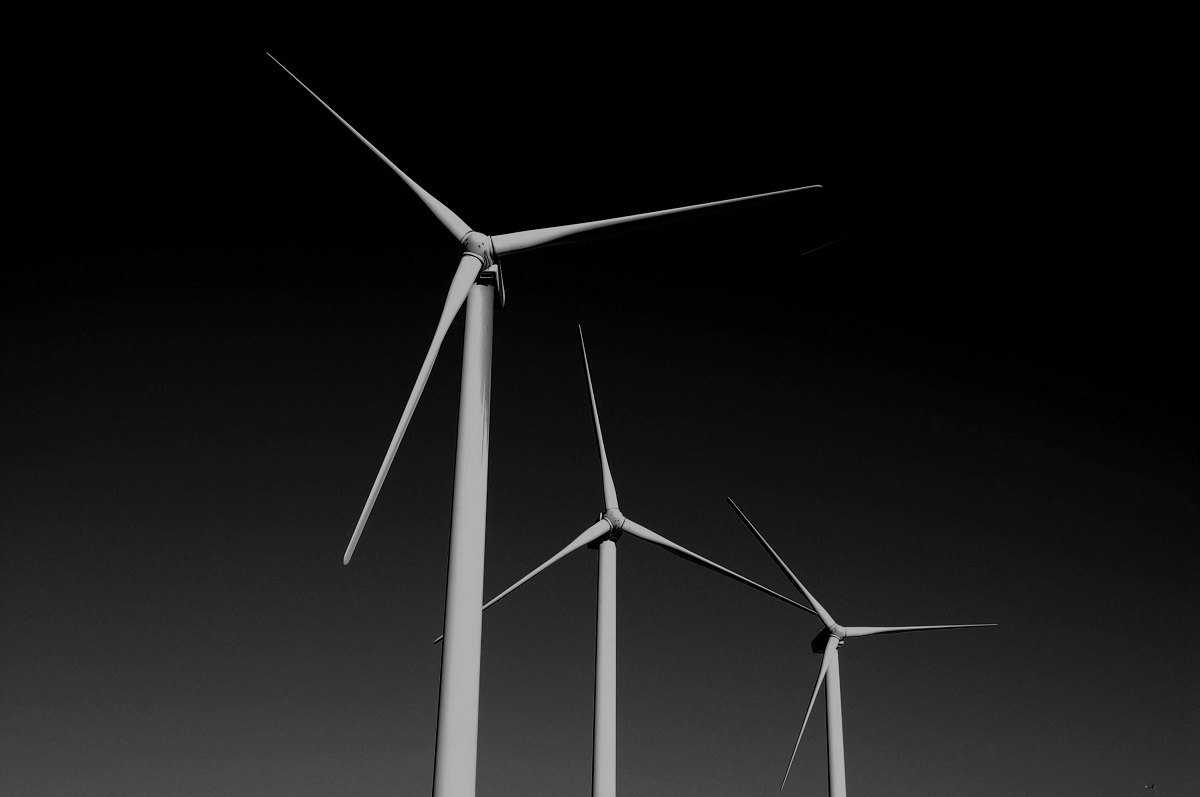The pandemic caused by the COVID-19 virus has created major turbulence in world economies, including the process of the energy transition to renewable energy sources. Although the world has unconditionally shown a firm determination to continue the energy transition despite the obstacles that have arisen, skeptics have received a new alibi in trying to criticize this process with the beginning of the great energy crisis in the second half of 2021. The sharp rise in electricity prices as a result of the energy crisis and the shortage of Russian gas in the European Union, the Western Balkans, and other parts of the world has often been used as a negative argument for the unsustainability of the energy transition – green energy.
However, it seems that these kinds of thesis are not fully correct. In reality, despite all the turmoil that has occurred over the past two or three years, governments around the world clearly support the process and seem to be creating a solid legal framework that is not only carrying it out but also helps speed it up. The figures have shown that energy transition and the replacement of conventional to renewable energy is a process that is a real choice, not only because of the benefits for the environment and the reduction of CO 2 emissions but also because of the significant impact on the economy.
The energy transition has a positive effect on the economy and successfully supports it, and it can be said that it determines the process of economic transition. According to the International Labor Organization, the renewable energy industry has created 12 million jobs worldwide by 2021. It is particularly important to emphasize that renewable energy creates new jobs with equal opportunities for both men and women.
The leaders in creating new jobs are the solar and wind energy sectors. The forecasts for the future are also optimistic. According to certain scenarios, by 2050 the renewable energy sector will create 45 million jobs worldwide.
The creation of new jobs is undoubtedly an important economic factor arising from the renewable energy industry, but at the same time, the production from these sources is becoming significant. In some EU member states, 70% of electricity consumption is from renewable energy sources. Although the percentage of electricity consumed from renewable energy sources is not balanced in each of the EU member states, the data are encouraging. Austria and Sweden are leaders in this segment, followed by Denmark, Portugal, Croatia, and Latvia.
The great potential of renewable energy sources in terms of economic effects is visible in almost all countries in the world. Just one example of this is the fact that the renewable energy industry and the energy transition have managed to absorb some of the people who have lost their jobs due to the pandemic. Political and institutional support for further investment in renewable energy must continue, as the economic benefits are great. The current employment data is an additional motive and argument for the process of investing in renewable energy sources to continue with an even stronger intensity in the next period. The decision of the EU (Green Deal) to invest 1.8 trillion Euros in renewable energy, in the next seven years, is a good indicator of a positive political will in order to continue the energy transition.
Renewable energy sources will undoubtedly make it possible to achieve the ultimate goal of zero emissions, but at the same time, it is going to accelerate the transition of the whole economy and is going to create conditions for a better life. Concepts that have already proven to be successful, such as smart cities and renewable municipalities and companies that have already successfully created a complete internal energy transition are an example and unquestionable proof that renewable energy sources are a long-term and sustainable concept.

